Book your appliance repair today!
When you need a fridge repair service, call us and our professional specialists will solve the problem with your appliance. If you need urgent repairs – do not hesitate to reach us ASAP!
Book online
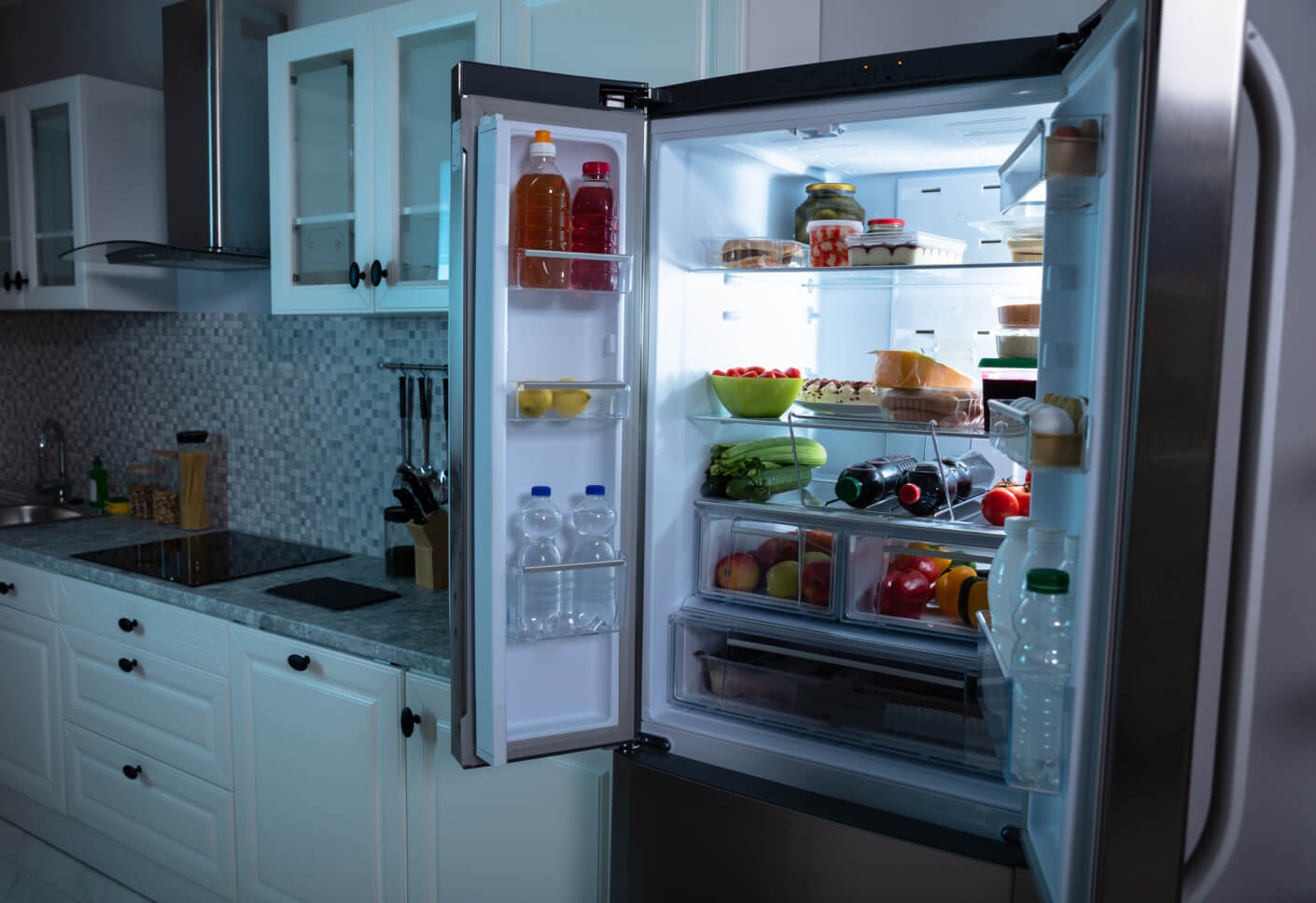
When your fridge stops working, it can cause serious problems. Not being able to keep food fresh is inconvenient and expensive. It is important to understand why your refrigerator is not cooling enough. Knowing what could be causing the problem will help you determine what steps to take to fix the situation.
One of the most common causes of improper cooling is a problem with the evaporator or fans. The evaporator is responsible for absorbing heat from inside the fridge and transferring it outside. At the same time, the fan circulates air over the evaporator coils, which cools down the air in your fridge. If either of these components stops working properly, your fridge will no longer be able to keep its contents at a consistent temperature.
To make sure that the evaporator and fans work properly, you need to bypass the door switch by falsely triggering it with duct tape/finger/magnet. Once it’s done, keep the door open and place your hand on the back wall of the fridge’s inside. If you don’t feel any air coming through ventilation holes after 5-10 minutes, there is a chance that the fan is broken.
Another potential reason your fridge has stopped cooling is the compressor. It is responsible for generating pressure within the system, which in turn allows for heat exchange from one side of the refrigeration cycle to another. It usually runs at least 10 – 20 times during the day and makes a faint buzzing sound when working correctly.
Make sure the compressor is not louder than usual. If you do not hear any noise coming from behind your fridge, it could mean that the starter relay or compressor is faulty. To fix it, install the starter first and check if the compressor starts working.
Sometimes condenser coils could have tiny gas leaks or be clogged with ice or dirt. If coils do not have proper air circulation, it will affect the whole cooling cycle. That may lead to a problem when your refrigerator won’t cool at all. Coils run from outside of the fridge and run all the way inside the refrigerator. Finding any gas leaks in a sealed system is usually a complex procedure.
Normally, those repairs are done with sealed system injections that cover small holes where the gas may leak. The holes can appear due to the age of the unit or design flaws. Unfortunately, the compressor and the sealed system will not work correctly without proper pressure and the right amount of Freon.
Damper control is a small trap window that opens and closes accordingly to the adjusted temperature. It is very popular in new generation fridges. The damper assembly is usually located near the evaporator fan or air vents. Make sure the trap window is not obstructed because the little motor that opens a window sometimes fails.
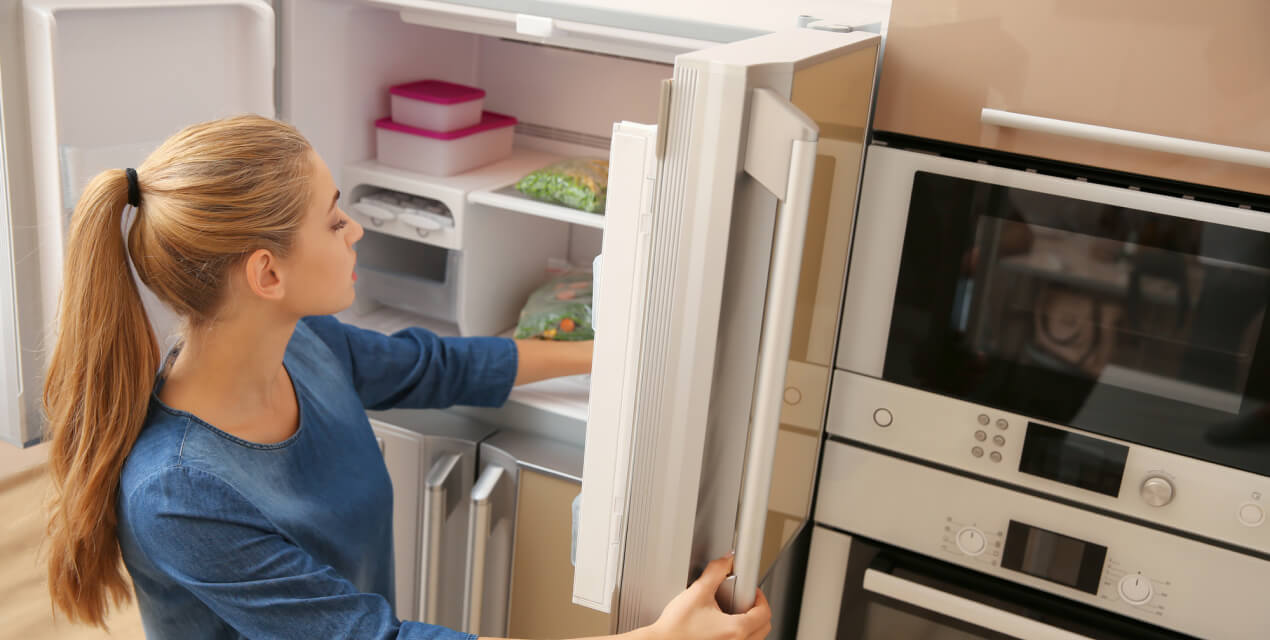
If the temperature in the fridge is not lower than 40° / or in the freezer 0°, you should check a couple of things first. Sometimes the solution is much simpler than it seems.
If none of those steps helped, it’s time to call a technician!
A broken fridge can be a major inconvenience. If your fridge won’t cool, you might wonder if it’s worth repairing or buying a new one. Before you decide, let’s explore the factors to consider when deciding whether to repair or replace your fridge.
How old is your fridge, and what shape is it? If your fridge is only a few years old and in good condition, it may be worth considering a repair. On the other hand, if your appliance is over 10 years old and has been having cooling problems for a long time, investing in a repair may not make sense. Instead, consider replacing it with a more energy-efficient model that will save you money on your energy bills in the long run.
The golden rule is that if the cost of repairing an appliance exceeds the price of a new one, don’t repair it. In the long run, buying a brand-new fridge may be more cost-effective than fixing something that won’t last long anyway. Sometimes, however, certain parts may only need to be replaced, resulting in significant cost savings compared to buying a brand-new model.
If you’re still unsure whether to repair or replace your refrigerator that is not cooling, consult experienced technicians for advice. They can assess the situation and provide expert advice about whether repair or replacement would make more sense based on their experience with similar cases and your budget constraints.
REFERENCES

When you need a fridge repair service, call us and our professional specialists will solve the problem with your appliance. If you need urgent repairs – do not hesitate to reach us ASAP!
Book online
Other Articles
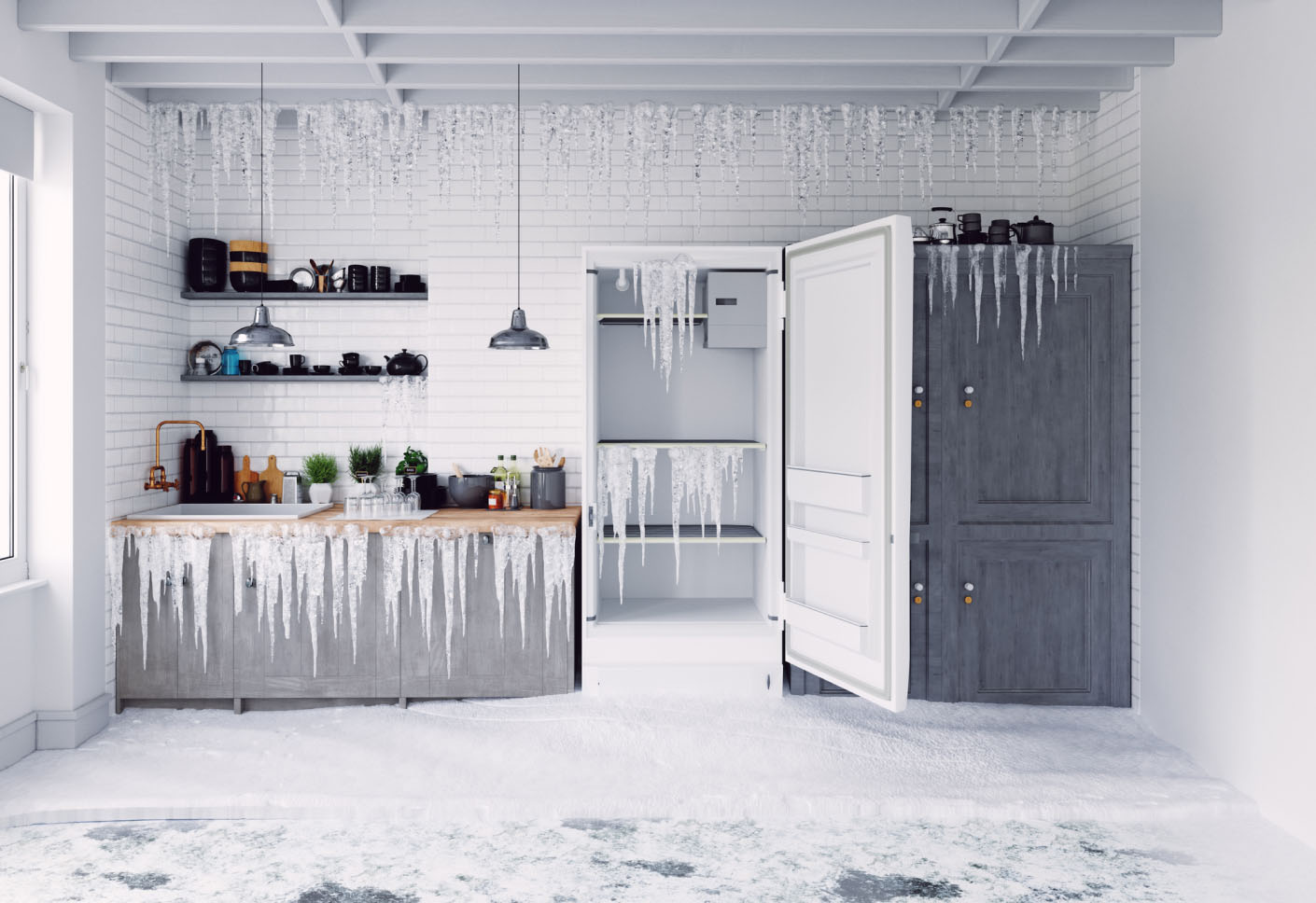
If your fridge is freezing food, learn how to fix it and restore the right cooling temperature.
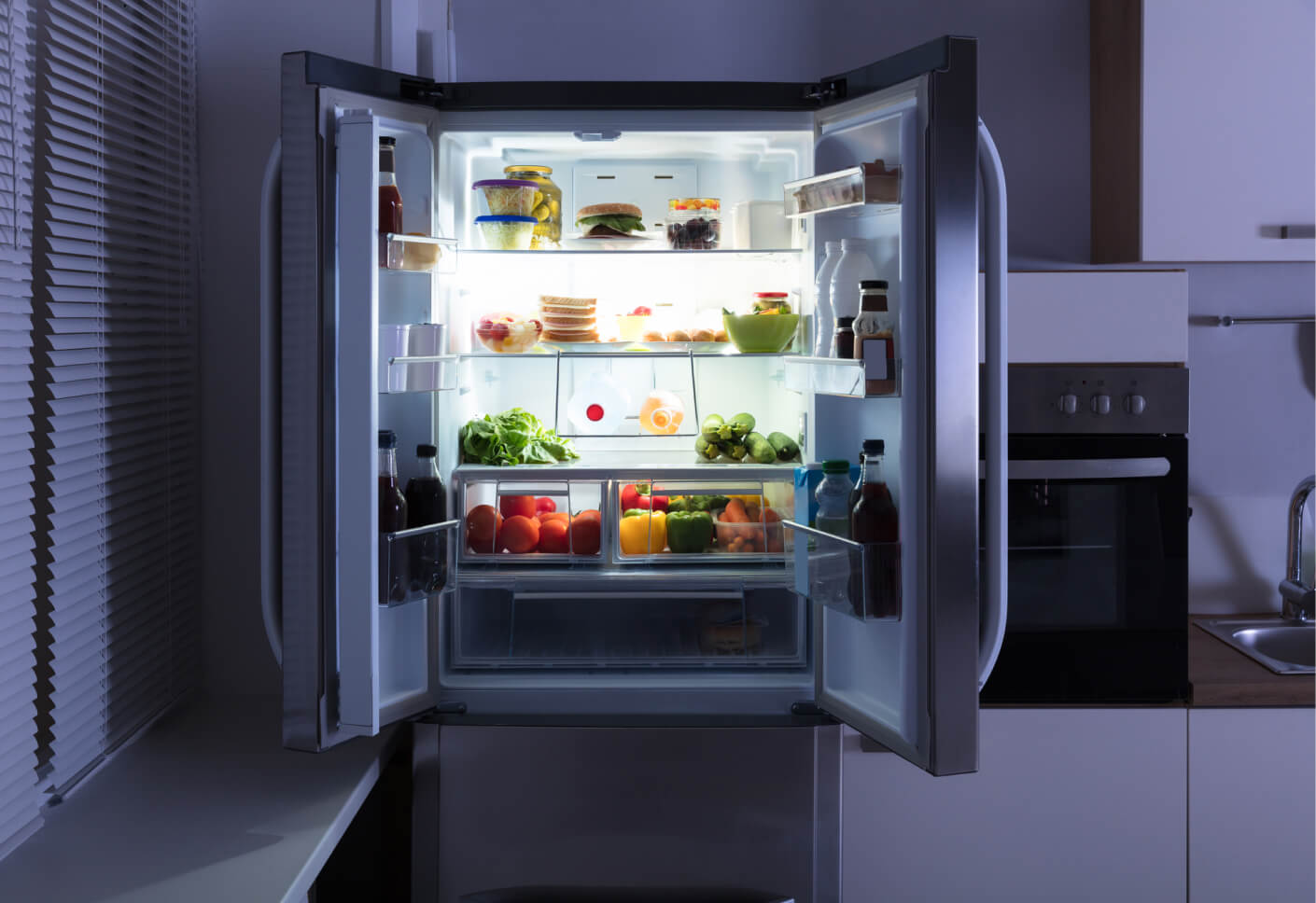
Find out how to stop your fridge from making noise by addressing common sources of disturbance.

Fix your fridge’s ice maker if it’s not working with these simple steps to restore functionality.
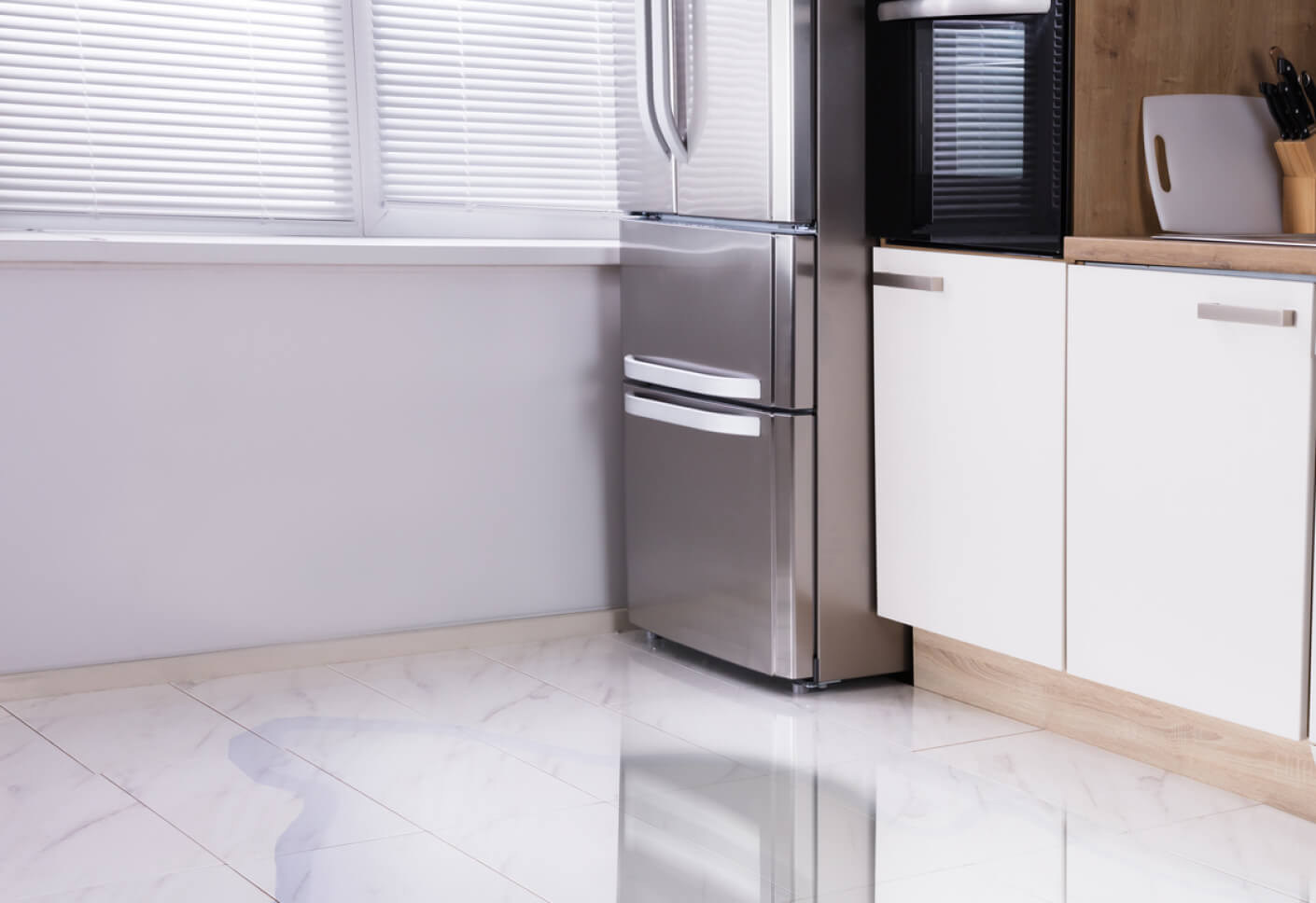
Learn how to stop your Samsung fridge from leaking water with these easy troubleshooting steps.